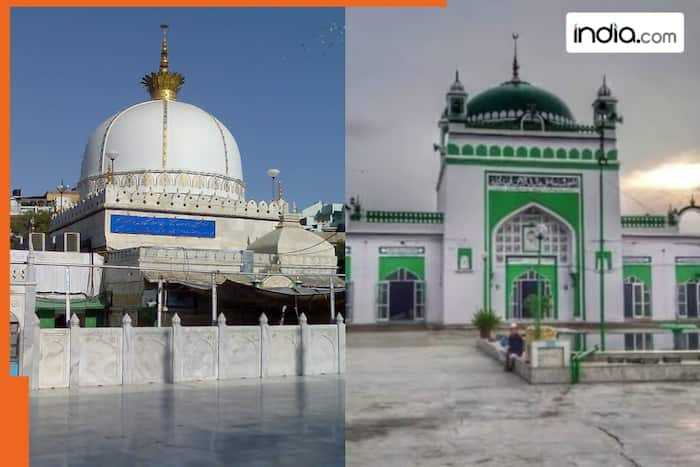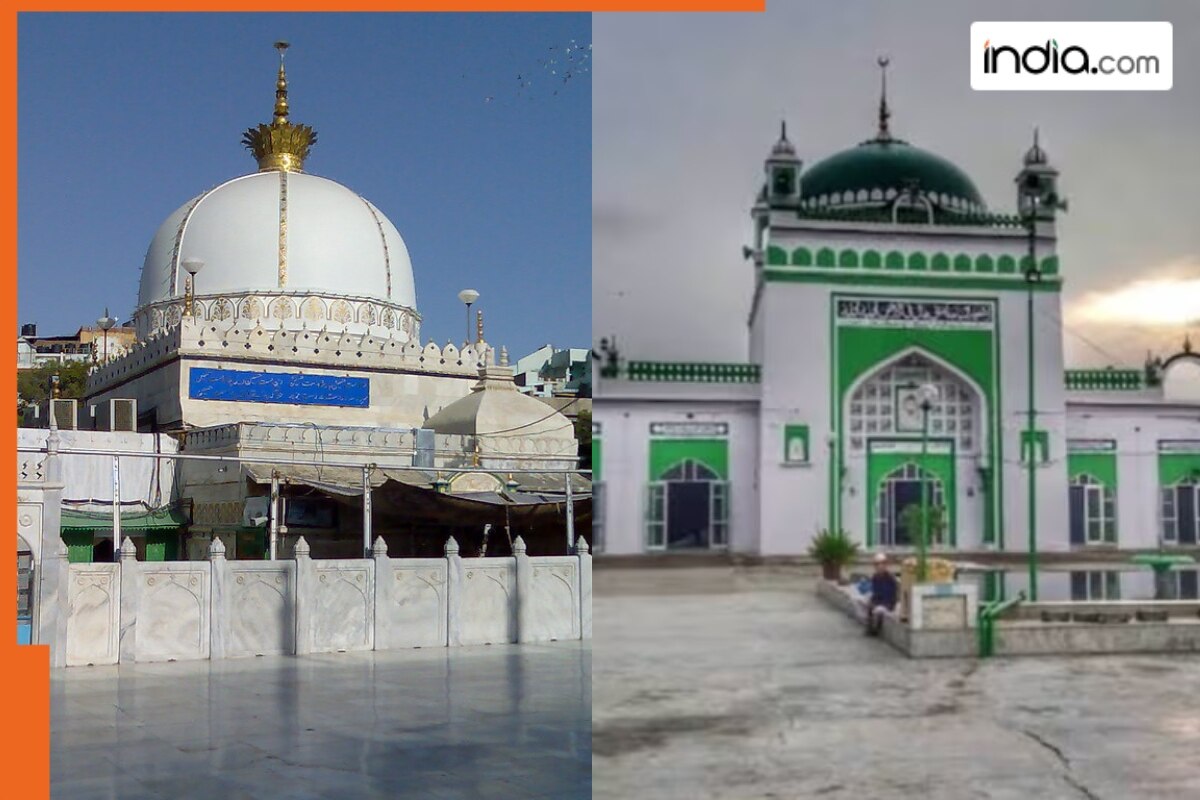The survey was ordered by a local court.

New Delhi: Uttar Pradesh’s Sambal has been among news ever since five people were killed in shooting incident after violence erupted over the survey of the Mughal-era Shahi Jama Masjid.
The survey was ordered by a local court after claims were made that a Hindu temple once stood at the site of the Jama Masjid.
The survey was being conducted under the supervision of the Archaeological Survey of India (ASI). After this incident, a court in Rajasthan’s Ajmer on Wednesday, November 27 issued notices to the Union ministry of minority affairs and ASI on a lawsuit filed by a Hindu organisation laying claim to the site of the dargah of Khwaja Moinuddin Chishti, citing historical evidence of the existence of a Shiva temple there and the dargah was built over the Shiva temple.
Following this, few Muslim organisations stepped forward and referred to the Places of Worship Act, 1991. As many as four petitions challenging the Places of Worship Act, 1991 are submitted in the Supreme Court.
What is Places of Worship Act, 1991?
The Places of Worship Act states that the religious character of any place of worship, as it existed on August 15, 1947, must be preserved.
Its long title describes it as “An Act to prohibit conversion of any place of worship and to provide for the maintenance of the religious character of any place of worship as it existed on the 15th day of August, 1947, and for matters connected therewith or incidental thereto.”
Section 3 of the Act bars the conversion of places of worship, stating that “no person shall convert any place of worship of any religious denomination or any section thereof into a place of worship of a different section of the same religious denomination or of a different religious denomination or any section thereof.”
The law fixed August 15, 1947 as the cut-off date for status quo on the character of religious places.
When was the law introduced?
In 1991, the then Congress government under Prime Minister PV Narasimha Rao introduced the Act in Parliament. The bill was introduced when the Babri Masjid dispute was at its peak. The Congress brought the bill with an aim to introduce communal harmony and prevent future clashes. It was then opposed by the BJP. Notably, the Babri Masjid dispute did not fall under the Bill’s ambit since the matter was already sub-judice at the time.

